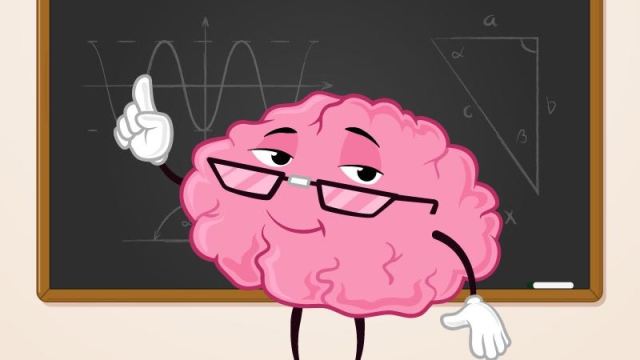How Better Science Fiction Can Help Achieve Bigger Scientific Breakthroughs

If our present scientific achievements pale in comparison to the grand gestures of putting a man on the moon and building nuclear weapons, it may be that our capacity to tell imaginative narratives is suffering. In other words, better science fiction may be needed to achieve more impressive real world results. At the University of Arizona, a new department has been built to tackle this very issue.
Called the Center for Science and Imagination, partnerships between the university and companies like IBM and the World Bank aim to build visionary stories that could encourage scientists and engineers to think bigger. The idea is not without historical precedent:
“In 1945 Arthur C. Clarke published the idea of a geosynchronous communications satellite, 20 years before the first one was launched. In 1982, William Gibson envisioned a world dominated by a computer network, which he named ‘cyberspace.'”
Of course achieving scientific breakthroughs means taking big risks, and taking risks means failing from time to time, and failing can be expensive–very expensive. In his Big Think interview, Neil deGrasse Tyson discusses how future breakthroughs may come about:
Read more at Pacific Standard
Photo credit: Shutterstock





